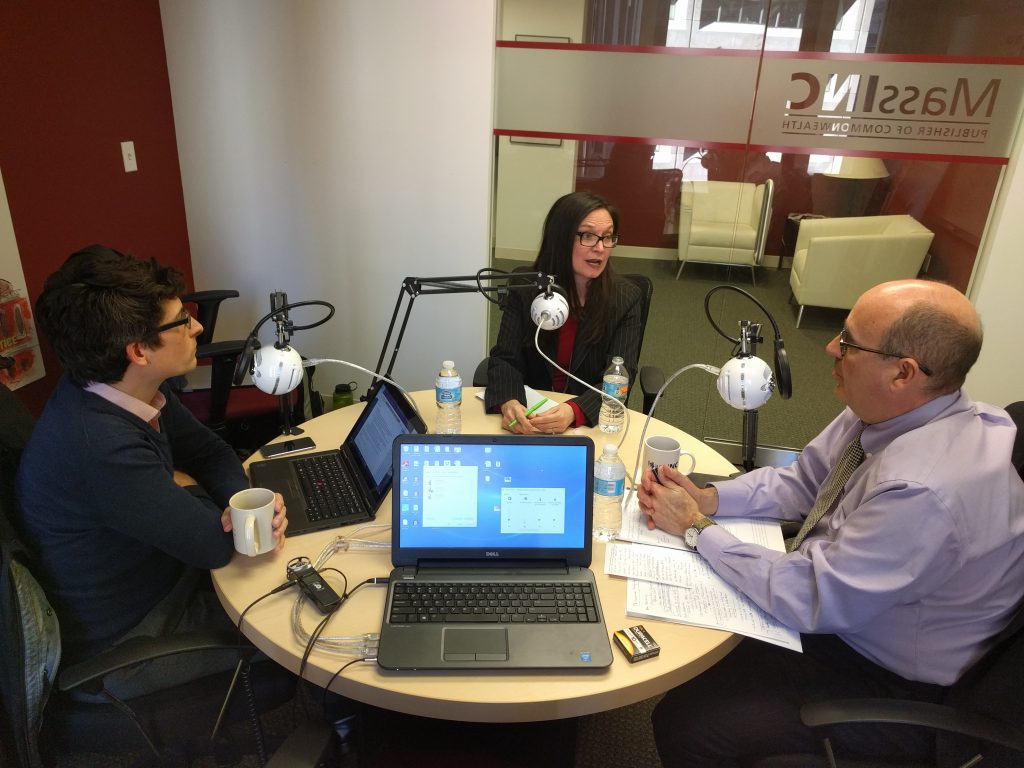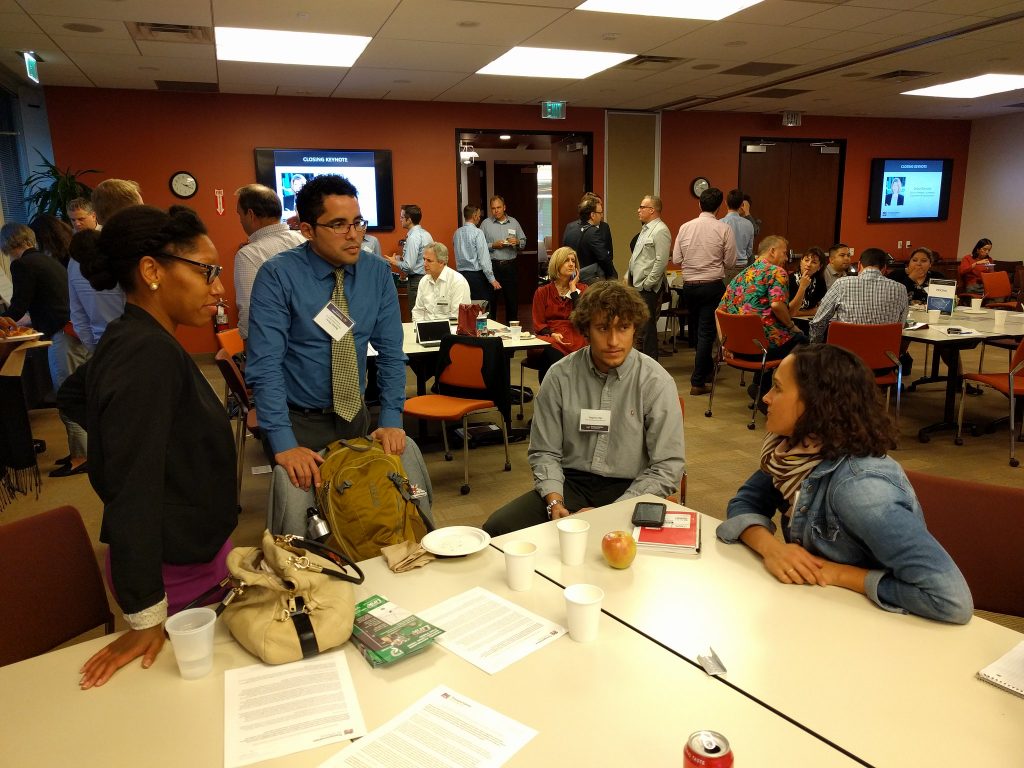
Introducing Benito Pérez, T4America’s new policy director

Transportation for America is pleased to announce that Benito Pérez, a veteran of the District Department of Transportation in Washington, DC, is joining the staff as the new policy director.
The Transportation for America and Smart Growth America staff are pleased to welcome Benito to the team, and are excited to work together to help bring about urgently needed reforms to our country’s transportation policies. Benito begins work on June 7.
Learn more about our new policy director with this short Q&A:
How did you get into transportation policy? What makes it interesting for you?
My passion for transportation started young, experiencing mobility and its influences on land use as a military child growing up in Europe. That led to my educational pursuits in urban planning, sociology, and engineering. I got into the transportation policy space at the Maryland State Highway Administration, working on equity and inclusion policy and implementation. There, I got to see firsthand how policy influences opportunities and life experiences in our communities. In Hampton Roads, I worked on long range planning, focused on facilitating a livable and sustainable transportation vision for the future and identifying not only the projects and resources to implement the vision, but policy tools to support and enhance the vision. I became intimately involved in District transportation policy in 2012 at DDOT, working a diverse portfolio involving curbside management, public transit, and public space. I joined the operations team in 2015 to reorient curbside operations to operate within the regulatory framework, and deliver an improved curbside experience for all users by considering issues of inclusion.
With your local, city-based perspective, how have you seen the rubber meet the road with federal transportation policy in DC? What needs to change with federal policy to better meet the needs of cities of all sizes? What’s good about it?

All transportation is local and it impacts everyone. Transportation moves the goods we consume and get us around within and between our communities. However, federal transportation policy doesn’t always line up with what’s needed on the local level. At DDOT, I was involved with creating a more accessible transportation system, from the curb to the cycletrack. However, federal accessibility policies and guidelines are still very suburban and auto-oriented, making it a challenge to implement and accommodate in a dynamic, intense city environment. One of the ways we tackled that challenge was to partner with other peer cities and federal agencies in an effort to adapt federal transportation policy to the diverse unique community experiences—one of the key aims of the Smart Cities Collaborative at T4America that I was able to participate in while at DDOT.
What are some issues that policymakers should be paying very careful attention to right now, but are not currently thinking about?
There is a lot of change happening in transportation right now, especially thanks to technology. However, it’s important to focus on the basics of transportation system management versus the shiny new technology. Things like state of good repair and asset management programs. However, even more importantly, is rethinking how transportation impacts the end user. So issues such as accessibility, inclusionary and participatory planning/involvement in transportation decisions are critical to be on the same page across the country, ensuring that transportation is developed and managed for all.
You are arriving at T4America at a very interesting time, with both an infrastructure bill moving as well as long-term reauthorization proposals from the House and the Senate. Do you feel like the debate over transportation and infrastructure has changed?
It is an exciting time to be joining T4America. There are many new ideas and concepts being discussed in the transportation and infrastructure debates on Capitol Hill. However, the central discussion points remain the same. Legislators need to focus more on how to maintain, increase, and enhance mobility in their community to stimulate economic opportunities. And then how to balance those localized aspirations with the need to deliver a federal transportation program that collectively benefits the greater national good.
The ultimate point of transportation policy is to manage our transportation system and orient it toward specific outcomes and goals. Similarly to how T4America’s third principle proposes measuring “access to jobs and services” as a core way to measure whether or not the system is working. That kind of focus is what I’m eager to bring to these debates on Capitol Hill.
—
More about Benito
Benito O. Pérez, AICP CTP CPM CAPP (he/him) is the Policy Director of Transportation for America. He previously served in various roles at the District Department of Transportation since 2012, which included Curbside Management & Operations Planning Manager, Curbside Management Planner, and Transportation Policy Specialist. During his DDOT tenure, he worked on and managed a team involved with creating, accessing, analyzing, visualizing, disseminating, and working with stakeholders to leverage data for policy development, resource allocation, and operations management of the District’s curbside and its intersection with the greater transportation network. Prior to DDOT, he was a Transportation Engineer with the Hampton Roads Transportation Planning Organization, working on long range transportation planning and its intersection with active transportation and land use. Additionally, he previously worked with the Maryland State Highway Administration, working on equity and inclusion issues in transportation. Mr. Pérez earned his Master of Arts in Urban Planning and Master of Science in Civil Engineering from the University of Florida in 2009.




